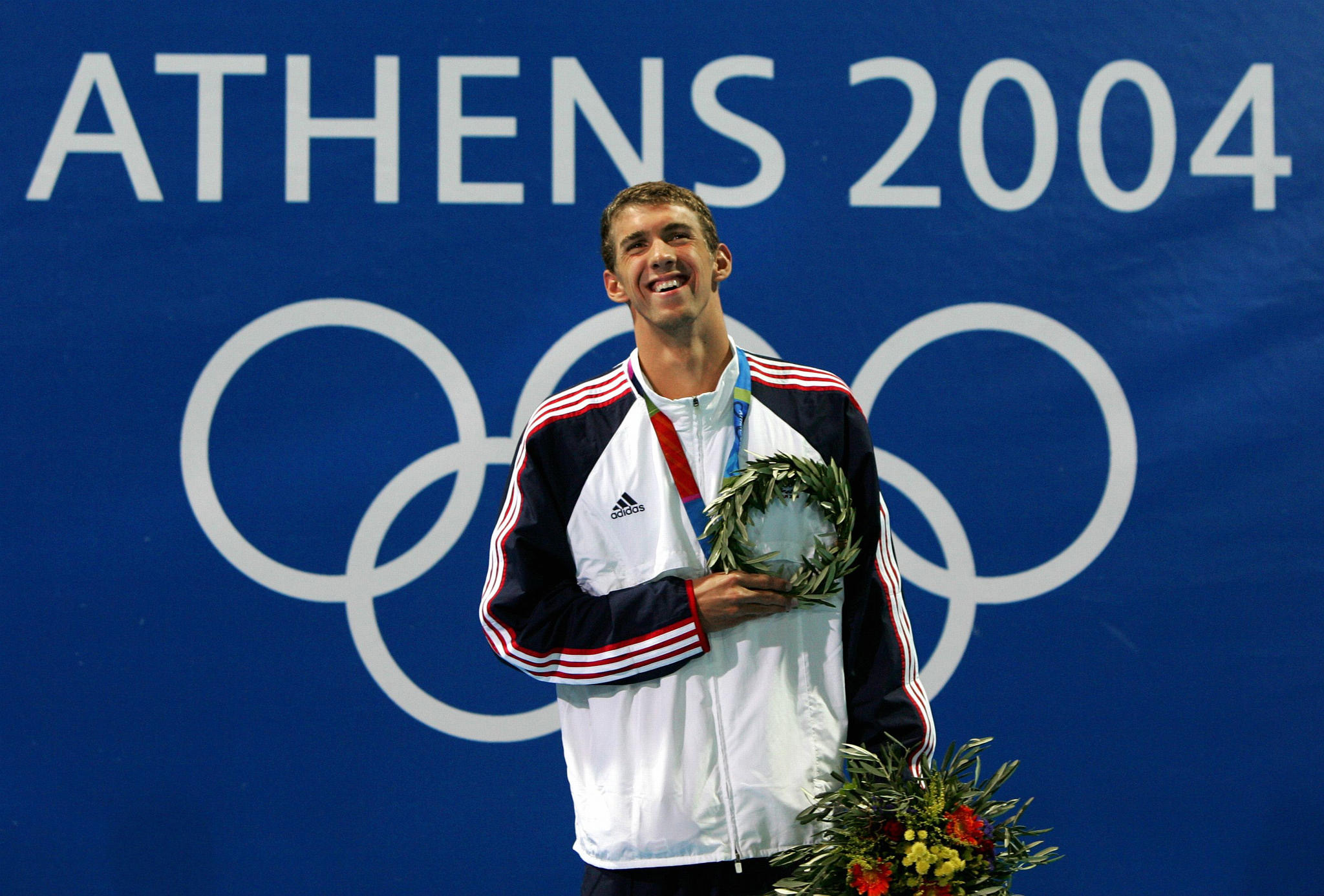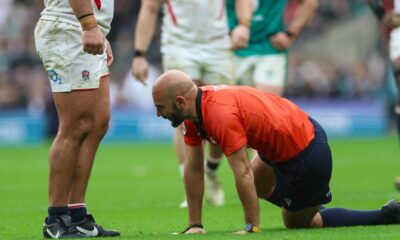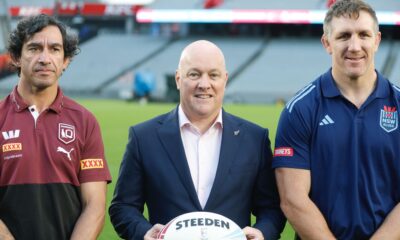Lifestyle
Athletes’ Struggles Reveal True Source of Self-Worth

Many renowned athletes face profound challenges with their self-worth, revealing that achievements alone do not guarantee fulfillment. Notable figures like rugby legend Jonny Wilkinson and swimmer Michael Phelps have shared their struggles, illustrating how external success often masks deeper emotional battles.
Jonny Wilkinson, pivotal in securing England’s victory at the 2003 Rugby World Cup, exemplifies this phenomenon. Known for his strategic prowess as a No. 10 and outstanding kicking ability, Wilkinson debuted with the national team at just 18 years old. Yet, despite his accolades, he has discussed the mental toll of competing at such high levels. In interviews, he described an ongoing sense of inadequacy, stating he felt an “impending sense of doom” during his career. Even during moments of triumph, he struggled to enjoy his success, as thoughts of how he could have performed better quickly overshadowed his accomplishments.
Similarly, Michael Phelps, the most decorated Olympian with a staggering total of 28 Olympic medals—including 23 golds—has openly battled feelings of worthlessness. Phelps has recounted moments of despair, during which he contemplated suicide despite his extraordinary achievements. His story emphasizes that external validation through medals does not equate to internal fulfillment.
The turning point for Phelps came through the influence of a book titled A Purpose Driven Life, gifted to him by a fellow athlete and Christian friend. This book, authored by pastor Rick Warren, introduced Phelps to the idea that his worth is inherent and not solely tied to his athletic success. He found solace in the belief that there is a greater purpose for his life, one that transcends personal achievements.
According to Phelps, the book’s message resonated deeply with him, particularly the biblical principle that “everything got started in Him [God] and finds its purpose in Him” (Colossians 1:16). Discovering a source of hope beyond himself provided a form of healing that success could not offer. He realized that feeling valued comes from understanding one’s inherent worth, which is not contingent on accomplishments.
Phelps’ experience reflects a broader truth regarding self-worth. The Bible contains numerous verses that address self-value and purpose, including Jeremiah 29:11, where it states, “For I know the plans I have for you, plans to prosper you and not to harm you, plans to give you a hope and a future.” These teachings suggest that true fulfillment comes from recognizing a divine purpose rather than solely from personal achievements.
In a world that often equates success with self-worth, the narratives of Wilkinson and Phelps serve as reminders that identity and value should not be defined by accolades alone. The pursuit of external validation can lead to emptiness, as both athletes have experienced.
Ultimately, understanding that one’s worth is intrinsic and grounded in a larger purpose can foster resilience and fulfillment. As Sarah Auld, a sports chaplain and regional leader for Sports Chaplaincy New Zealand, notes, discovering that one is loved and valued beyond their achievements lays a robust foundation for a meaningful life.
The stories of these athletes highlight the importance of mental health and the need for open discussions about self-worth in the world of sports. As more athletes share their journeys, it becomes crucial to emphasize that fulfillment transcends medals and accolades, grounding identity in love, purpose, and community.
-

 Top Stories1 month ago
Top Stories1 month agoCommunity Mourns Teens Lost in Mount Maunganui Landslide
-

 Entertainment6 months ago
Entertainment6 months agoTributes Pour In for Lachlan Rofe, Reality Star, Dead at 47
-

 World3 months ago
World3 months agoPrivate Funeral Held for Dean Field and His Three Children
-

 Top Stories3 months ago
Top Stories3 months agoFuneral Planned for Field Siblings After Tragic House Fire
-

 Sports6 months ago
Sports6 months agoNetball New Zealand Stands Down Dame Noeline Taurua for Series
-

 Entertainment1 month ago
Entertainment1 month agoJulian Dennison Ties the Knot with Christian Baledrokadroka in New Zealand
-

 Entertainment5 months ago
Entertainment5 months agoNew ‘Maverick’ Chaser Joins Beat the Chasers Season Finale
-

 Sports6 months ago
Sports6 months agoSilver Ferns Legend Laura Langman Criticizes Team’s Attitude
-

 Sports4 months ago
Sports4 months agoEli Katoa Rushed to Hospital After Sideline Incident During Match
-

 Sports4 months ago
Sports4 months agoAll Blacks Star Damian McKenzie and Partner Announce Baby News
-

 Sports3 months ago
Sports3 months agoNathan Williamson’s Condition Improves Following Race Fall
-

 Politics5 months ago
Politics5 months agoNetball NZ Calls for Respect Amid Dame Taurua’s Standoff





















